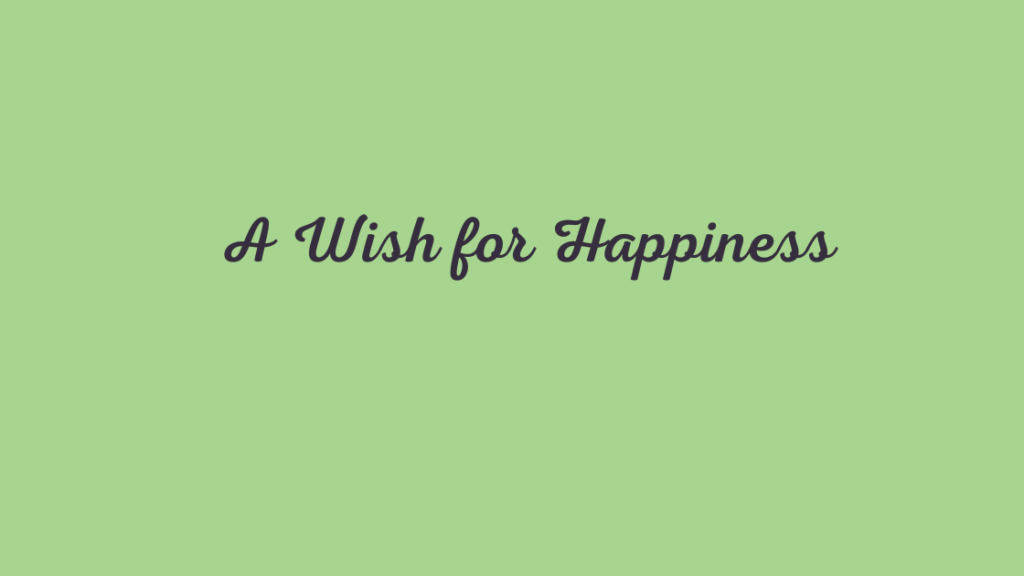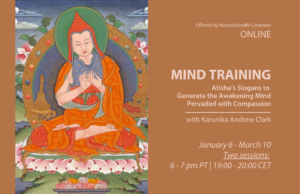When I traveled to Morocco for the first time, I expected deserts, sand, camels, the vistas of ancient cities. What I didn’t expect, but have anticipated each succeeding journey, is the draw of the marketplaces. I’m not really a shopper, but these vibrant spaces call to me even more than the mountains, the sea, the glorious cityscapes.
As my first visit unfolded, I viewed these experiences with anticipation and dread—anticipation for the work of skilled hands, dread for the bargaining that must inevitably follow.
The pattern never changes. You enter the shop, and the proprietor comes forward, not to ask what you want but to offer sweet mint tea.
You’d assume then that they’d start the transaction while you wait for the water to boil, an assistant to return with fragrant cups, but you’d be wrong. Only after you drink the first cup, and they offer a second, do they ask what you like. Finding the perfect object is then a matter of discussion and debate.
Finally, you ask how much, and they ask you to make an offer—the moment I dread. If I offer too little, am I denigrating their wonderful goods? If I offer too much, am I revealing my ignorance, acting the role of the unfortunate tourist? The fear of looking foolish or selfish is a metallic taste in the mouth. The bargaining that follows is musical in its rhythms, until you settle on a price; the anxiety is a fretful counterpoint in the background, reminding you that you might be found wanting.
That first visit, I expected the moment to end there. I had completed my purchase, paid for it; it was wrapped, ready to go. But I was wrong. However spirited the bargaining, however certain I am that I have been too cheap or too profligate, the proprietor will ask, “Are you happy?” I will reply, “Yes, I am very happy; I hope you are, too.” And then the proprietor will offer more tea. We’ll sip and chat about Canada, Morocco, the craftsperson who created the pieces I just purchased.
This moment transforms a bargaining session into a moment of human connection. The worry that I’ve paid “too much” or bargained “too hard,” that somehow I’ve exposed my ignorance, recedes. We have played a mutually satisfying game, and its fruition is the moment when both parties say, “Yes, I am happy.”
I suspect we all have these moments of anxiety, of worrying that others, however unknown to us, will judge us harshly and be right in their assessment. I suspect that we, too, often judge others. I find this short practice brings the realization that neither I nor they are judges but are fellow humans, with the same challenges and anxieties.
Contemplation Exercise
As you sit on the subway or wait in line at the supermarket, glance at a person near you. Acknowledging your own challenges, imagine the challenges of their day and ask yourself:
- If they slipped into line in front of you, do they have children waiting for their dinner?
- If they seem impatient, have they spent the day fighting traffic?
- Put yourself in their imagined world for a moment.
- As you breathe in, take in their imagined suffering; as you breathe out, send them a wish for happiness.
- Pay attention to the feeling of separation between yourself and the other: Does it increase, stay the same or diminish, even a little bit?

Laura McRae has been a student of Dzogchen Ponlop Rinpoche since 2005. Born in Los Angeles and educated in Houston, she is teacher of English and Creative Writing in Toronto, Ontario, Canada. Her first full-length collection of poems, Were There Gazelle, appeared from Pedlar Press in spring of 2020.






